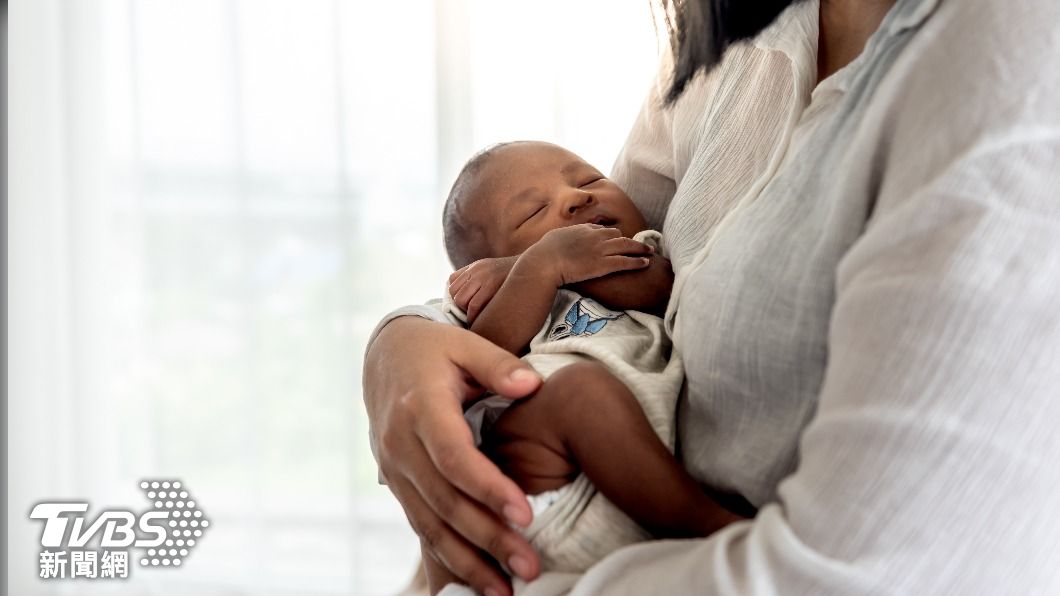TAIPEI (TVBS News) — The Legislative Yuan's Social Welfare and Environmental Hygiene Committee scrutinized several proposed amendments to the "Assisted Reproduction Act" on Monday (Dec. 4), but the Ministry of Health and Welfare has not yet taken a definitive stance on the revisions.
Amid the declining birth rate, there is a growing desire to relax restrictions on the Assisted Reproduction Act. Among the eight versions presented, one draft amendment allows a surviving spouse to utilize embryos for having children after the death of their partner.
Minister of Health and Welfare Hsueh Jui-yuan stated that they are considering expanding the legislation to include same-sex couples, single individuals, and surrogate pregnancies. Complicated by ethical, legal, and child welfare considerations, Hsueh recommended a public hearing to gather feedback.
The current law restricts assisted reproduction to married couples, thereby excluding single women and lesbian couples. Hsueh acknowledged that while there's less social controversy about single women accessing assisted reproduction, regulatory measures remain a concern, especially regarding non-anonymous sperm donation for those who have stable partners but are not married.
Democratic Progressive Party (DPP) Legislator Hung Sun-han highlighted that a public hearing was already conducted on Oct. 3, which saw support for the inclusion of single and lesbian women in assisted reproduction services. Advocacy groups and medical scholars also urged local options to reduce the medical risks and financial exploitation women face when seeking such services abroad.
Taiwan does not currently recognize surrogacy as legal, leading to unresolved issues regarding the parental status of children born through such arrangements. The debate indicates a significant shift in public policy as the government grapples with societal changes and demographic challenges.



